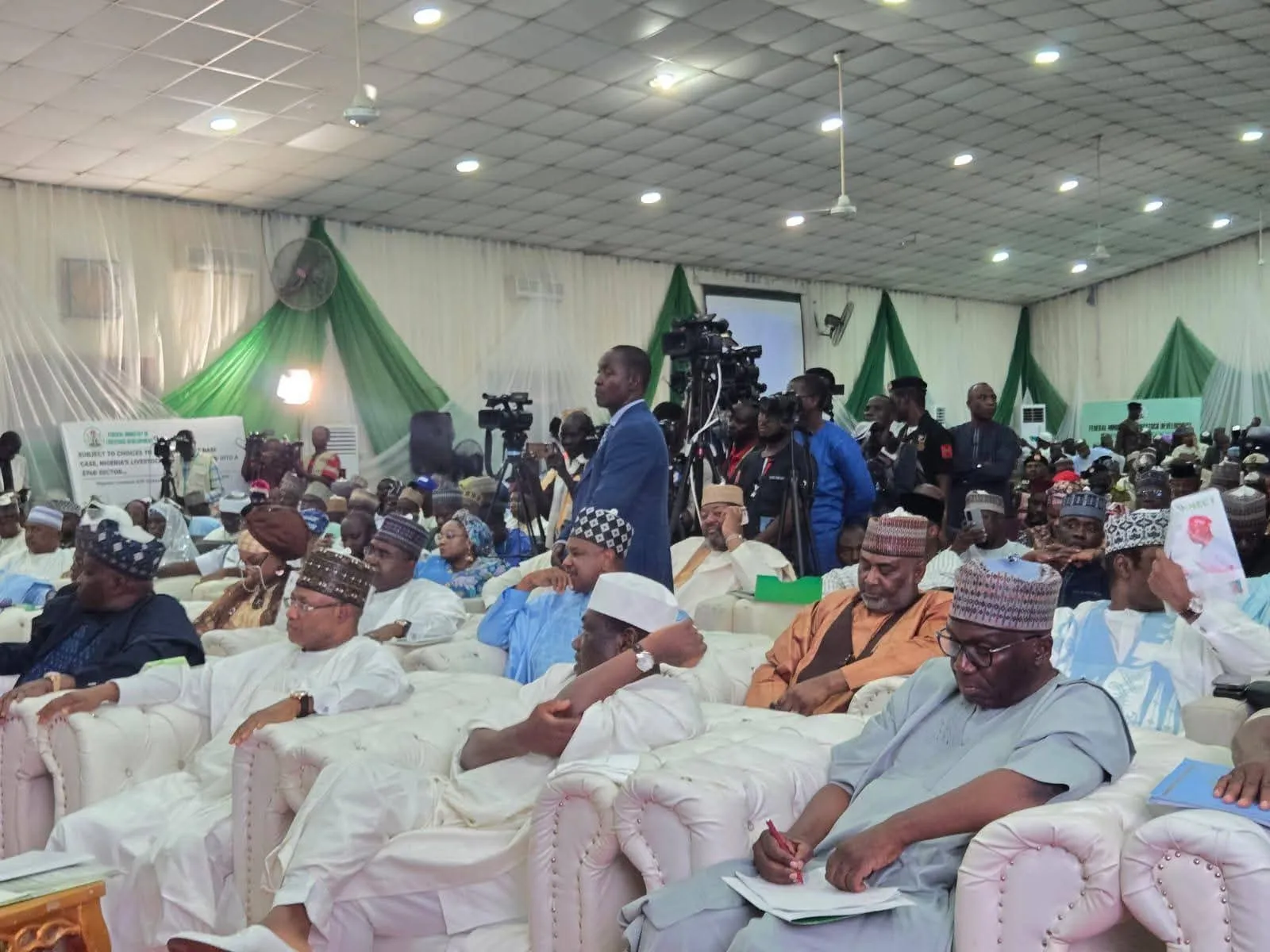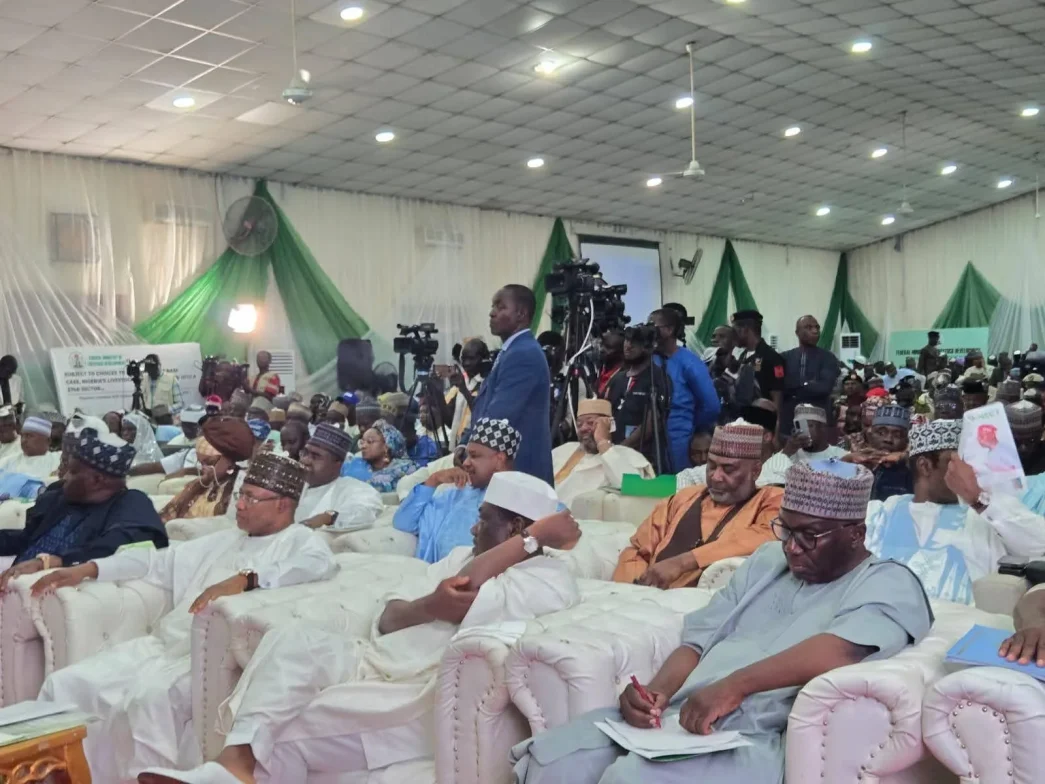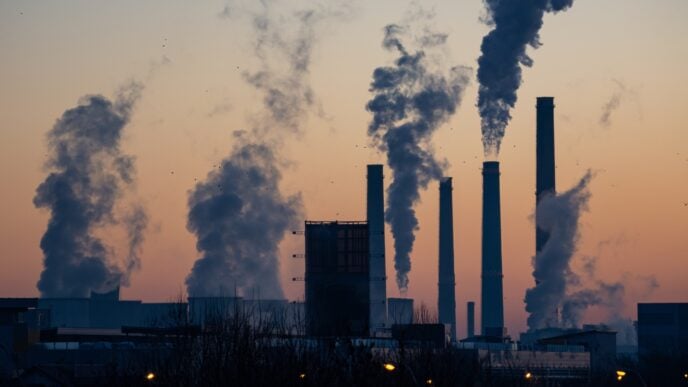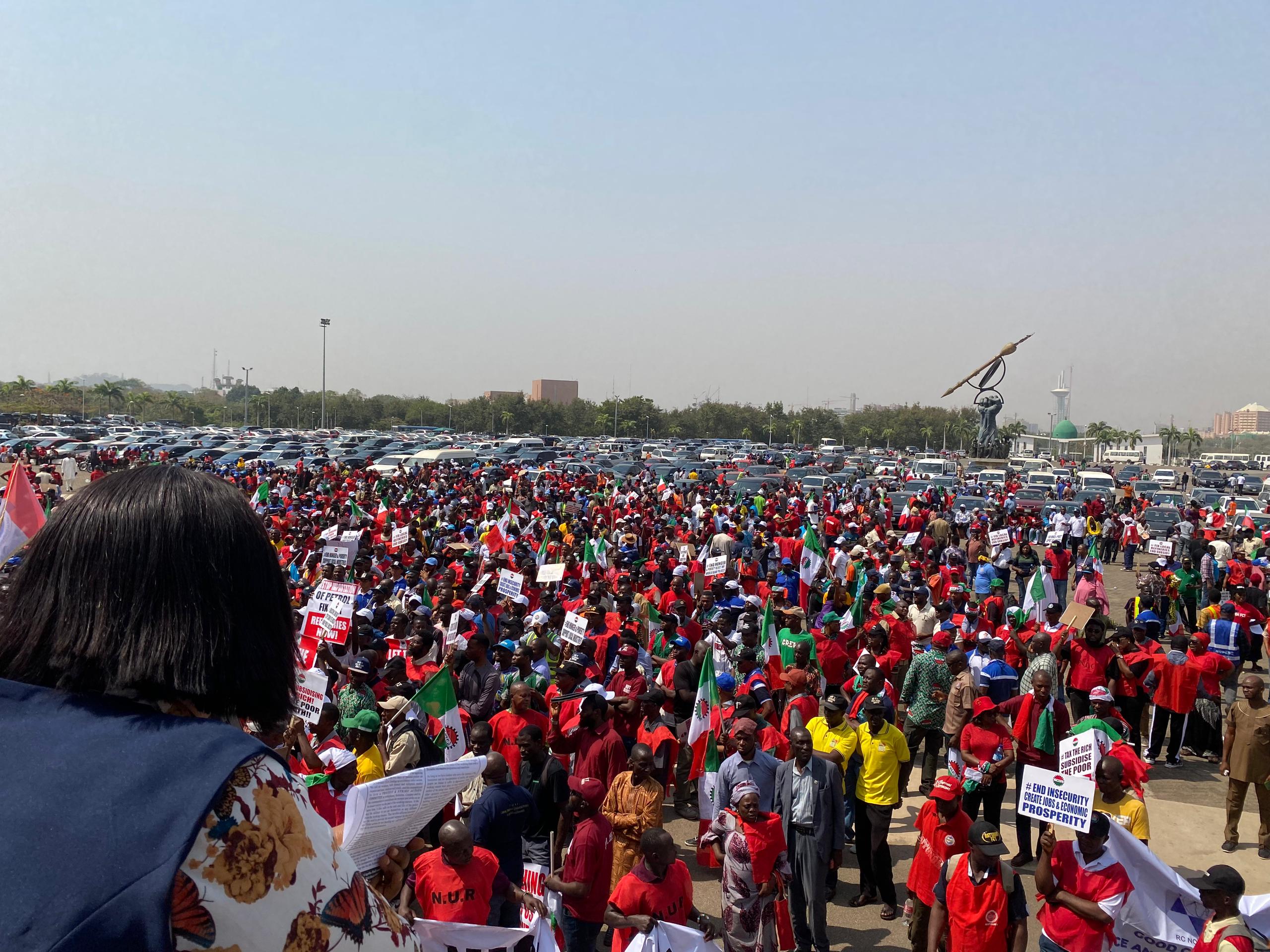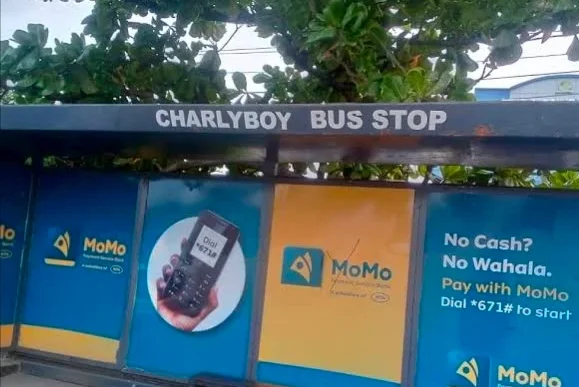Northern stakeholders meeting
BY SANI DANAUDI MOHAMMED
The recent debate surrounding President Bola Tinubu’s policies and programmes has sparked intense discussion, with some critics accusing him of being “anti-north.” This narrative has gained traction, with many Nigerians questioning whether the president’s initiatives truly benefit the northern region. The claims of anti-north bias have been fuelled by perceptions of uneven development, inadequate representation, and lack of attention to the region’s specific challenges.
To understand the validity of these claims, it’s essential to examine the reality on the ground. What are the facts behind the president’s policies and programs? How do they impact the north and are there genuine concerns that need to be addressed? By exploring the intersection of reality and perception, we can gain a deeper understanding of the issue and determine whether the “anti-north” label is justified. This discussion aims to unpack the complexities surrounding these claims, providing a nuanced analysis of the president’s initiatives and their effects on the northern region.
It was a meeting between northern stakeholders and President Tinubu’s officials in Kaduna aimed to assess the president’s performance and discuss critical issues affecting the north. Notable attendees included Governor Muhammadu Inuwa Yahaya, Senator George Akume, and Professor Tijjani Mohammed Bande. Stakeholders expressed concerns over perceived marginalisation and slow-paced federal intervention, but Akume reaffirmed President Tinubu’s commitment to inclusive governance, highlighting flagship initiatives like the Lagos-Calabar Coastal Highway and major housing and road rehabilitation efforts in northern states.
Advertisement
The meeting sought to separate facts from fiction regarding President Tinubu’s policies and their impact on the north, with some critics labelling the administration as “anti-north.” Stakeholders acknowledged progress in areas like national security and infrastructure development, while urging the government to address pressing issues like the Almajiri system, out-of-school crisis, and agricultural development. The meeting concluded with recommendations, including institutionalising government-citizen engagement platforms, enhancing education investment, and promoting agricultural development, emphasising the importance of citizen-government partnership for sustainable development.
Blaming President Tinubu for the north’s challenges without acknowledging the role of northern leaders would be unfair. These leaders have a crucial part to play in policy implementation, resource allocation, and project execution. Their efforts, or lack thereof, significantly impact regional development. It’s essential to assess their contributions and challenges alongside federal policies to get a comprehensive understanding of the issues.
A balanced perspective would consider both federal policies and state-level initiatives, recognising the collaborative efforts needed to drive development in the region. By doing so, we can better understand the complexities and develop effective solutions for the north’s growth and progress. This approach would foster a more nuanced discussion, encouraging collective responsibility and cooperation among stakeholders to address the region’s challenges.
Advertisement
President Tinubu has demonstrated consideration for the north’s challenges by appointing key officials from the region to critical positions. The appointments of ministers of defense and the national security adviser from the north, alongside the chief of defense staff, showcase his efforts to address the region’s inherited security issues. This strategic move leverages local expertise and understanding to tackle insecurity.
Additionally, the appointment of a northerner to oversee agriculture, a key driver of the northern economy, highlights President Tinubu’s commitment to regional development. Agriculture is vital to the north’s economic growth, and having a northerner in this role could facilitate targeted initiatives and policies that benefit the region. These appointments collectively indicate a deliberate effort to prioritise the north’s challenges and harness local talent to drive progress.
The presidency has highlighted over 40 major projects currently ongoing in the north under President Bola Tinubu’s administration. These projects span various sectors, including transportation, agriculture, health, and energy. Some notable infrastructure projects include key highways such as the Abuja-Kaduna-Kano Expressway, Sokoto-Badagry Super Highway, and Kano-Maiduguri Dual Carriageway.
The administration has invested heavily in the agriculture sector, with programs like the $158.15 million agriculture value chain initiative for nine Northern states and the Kolmani Integrated Development Project in Bauchi and Gombe. Additionally, livestock development centers are being established across six regions to boost agricultural productivity. In the rail sector, ongoing projects include the Kaduna-Kano Rail Line and the Kano-Maradi Rail Line linking Niger Republic.
Advertisement
The Presidency has also emphasised the importance of energy projects, including the Gwagwalada Power Plant and the proposed ABIBA Solar Power Station in Kaduna. The Ajaokuta-Kaduna-Kano gas pipeline is also being fast-tracked to enhance energy supply. In healthcare, expansions and upgrades are underway at major facilities, such as Ahmadu Bello University Teaching Hospital, Zaria, and Federal Medical Centre, Nguru.
Over 1,000 primary health centres across the north are also being upgraded as part of the administration’s efforts to improve healthcare delivery. These projects demonstrate the administration’s commitment to driving development and improving the quality of life for Northerners. The ongoing projects are expected to have a significant impact on the region’s economic growth, infrastructure, and social welfare.
The federal government has completed approximately 135 road projects across Northern Nigeria, according to minister of transportation, Sai’du Alkali. These projects aim to enhance transportation, boost economic activity, and ease the movement of goods and people in the region. Additionally, 216 new road construction projects are ongoing, while 312 road maintenance projects have been completed and 50 others are in progress.
Those making these statements are politicians who want to use the anti-north slogan campaign to win the sympathy votes of the northerners. These claims come from key actors of northern politics and have been part of the North’s history, whether good or bad. Essentially, the statements are driven by political interests and are rooted in the region’s complex political dynamics.
Advertisement
The narrative that President Tinubu’s government is regionalised to favour the south might be a political strategy to garner sympathy, but it’s losing traction as many have seen through this game plan. President Tinubu has emphasised inclusive governance, highlighting projects and initiatives aimed at developing various regions, including the south-east. For instance, his administration has included the south-east in the National Railway Masterplan and Gas Pipeline Masterplan, aiming to boost mobility, trade, and industrialisation. These efforts suggest a commitment to equitable development, contradicting claims of regional bias.
For too long, the north has struggled with development challenges, and it’s unfair to pin the blame solely on President Tinubu’s administration. The region’s leaders have had opportunities to drive change and progress, but the narrative of mismanagement and underdevelopment persists.
Advertisement
They point to President Tinubu’s efforts to promote inclusive governance and development across regions, including the North. His administration has initiated various projects and policies aimed at boosting economic growth, infrastructure, and social welfare in the region. For instance, over 40 major projects are ongoing in the north, spanning sectors like transportation, agriculture, and energy.
These projects and policies demonstrate President Tinubu’s commitment to developing the north and suggest that he should be seen as a true friend of the region. His wide political connections and friendships across the country are reflected in his cabinet composition and distribution of key projects. Given this, some argue that the narrative of President Tinubu being “anti-north” is unfounded and that he deserves recognition for his efforts to drive development and growth in the region.
Advertisement
The north faces significant challenges, including insecurity, poor education, inadequate infrastructure, and high poverty rates. These issues are interconnected and require a comprehensive approach to address them. For instance, insecurity can be tackled through a combination of military action and addressing root causes like poverty and unemployment.
To address these challenges, stakeholders suggest promoting good governance, investing in human capital, economic diversification, and community engagement. Prioritising education, healthcare, and skills development can empower the youth, while investing in agriculture, small-scale manufacturing, and renewable energy can create jobs and stimulate economic growth. By taking a multi-faceted approach, the north can overcome its development challenges and achieve sustainable growth.
Advertisement
The north’s development challenges are deeply rooted and inherited, requiring a collective effort to overcome. Effective collaboration between the 19 northern states, the federal government, and traditional rulers is crucial to addressing these issues. This partnership can facilitate the implementation of targeted solutions, leveraging the strengths of each stakeholder to drive progress.
As a northerner, I believe the real challenge facing our region is not President Tinubu’s administration, but rather our own leadership and collective efforts. We’ve had opportunities to drive change and development, but internal disunity, poor accountability, and ineffective governance have hindered our progress. By taking ownership of our challenges and working together, we can unlock our region’s potentials and move forward.
Moving forward, it is essential to put aside name-calling, blame games, and political games, and instead focus on finding solutions.
Danaudi writes from Bauchi via [email protected]
Views expressed by contributors are strictly personal and not of TheCable.
